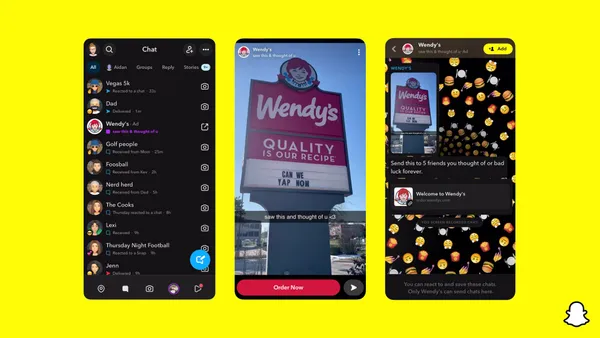Dive Brief:
- U.K.-based publisher The Guardian is suing ad tech firm Rubicon Project, alleging it did not properly disclose buyer fees on the publisher's ad inventory, according to a report in Digiday. Details of the lawsuit and its timing were not disclosed by The Guardian, though Business Insider reports the publisher is looking to recuperate figures in the single-digit millions.
- The Guardian recently researched its own inventory and discovered it was only getting 30 pence for every pound spent by advertisers programmatically, with the rest going to ad tech players operating between the publisher and advertiser. Eighty percent of The Guardian's digital display inventory was bought programmatically over the last three months.
- "Without buyer fees we would need to charge sellers more, and we think our approach is fair," Rubicon Project wrote in a statement to Digiday. "We charge buyer fees for certain services we provide and have disclosed that fact publicly, including in our SEC filings, and in client contracts, including a contract we signed with Guardian over a year ago. We split our fees between sellers and buyers, reflecting the value we provide to both."
Dive Insight:
In December, the Association of National Advertisers (ANA) named "transparency" as its marketing word of the year for 2016, though some might not have taken the quality to heart. While most transparency-related controversies have been centered on agencies of late — including agency rebates that were not disclosed to marketer clients — the latest news suggests that some major ad tech players might have similar hurdles to overcome.
A number of insiders quoted anonymously by Digiday praised The Guardian's move as something that could bring more clarity to a digital advertising business that is often murky at best. Not just the latest brush-back, the development is also significant both in arriving from the publisher side of the equation and by manifesting in the form of a lawsuit, albeit one seeking reportedly low recuperation.
The news is also the latest sign of trouble for programmatic buying, which has growing quickly over the past couple of years because of its ability to streamline online media placement at scale but has recently been the focus of negative attention around the lack of control it offers advertisers in terms of where their ads are placed. Brands' concerns center around ads appearing next to fake or incendiary content.
Rubicon Project, often viewed as one of the stronger independent ad tech firms, has been embattled in financial troubles and turnover in leadership. The company's shares dropped 30% last August after it admitted lower desktop ad revenues stemmed from its "delay" in recognizing consumers' desire for more header bidding options.














